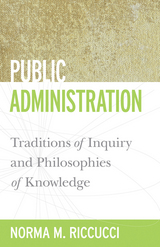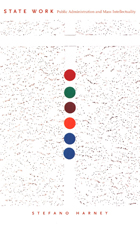eISBN: 978-1-62616-361-4 | Paper: 978-1-62616-360-7 | Cloth: 978-1-62616-359-1
Library of Congress Classification JF1351.T58 2016
Dewey Decimal Classification 352.37
Governments worldwide struggle to remove policy deadlocks and enact much-needed reforms in organizational structure and public services. In this book, Jacob Torfing explores collaborative innovation as a way for public and private stakeholders to break the impasse. These network-based collaborations promise to multiply the skills, ideas, energy, and resources between government and its partners across agency boundaries and in the nonprofit and private sectors.
Torfing draws on his own pioneering work in Europe as well as examples from the United States and Australia to construct a cross-disciplinary framework for studying collaborative innovation. His analysis explores its complex and interactive processes as he looks at how drivers and barriers may enhance or impede the collaborative approach. He also reflects on the roles institutional design, public management, and governance reform play in spurring collaboration for public sector innovation. The result is a theoretically and empirically informed book that carefully demonstrates how multi-actor collaboration can enhance public innovation in the face of fiscal constraint, the proliferation of wicked problems, and the presence of unsatisfied social needs.
See other books on: Intergovernmental cooperation | Public administration | Public Affairs & Administration | Public Sector | Public-private sector cooperation
See other titles from Georgetown University Press
























